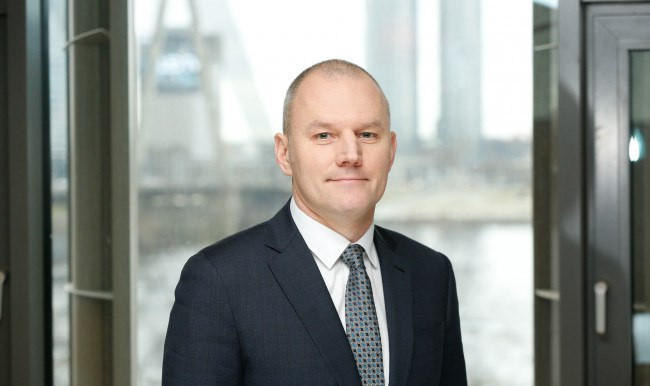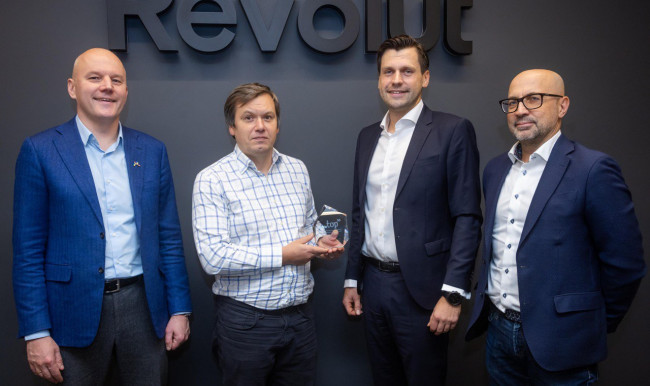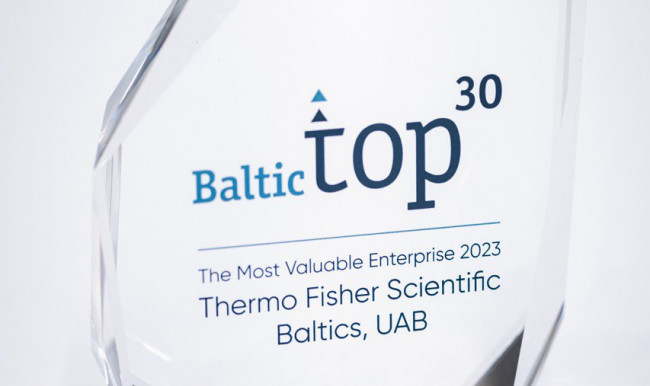
TOP101 Panel Discussion: Drivers and Challenges for IPO and M&A Deals.
On January 25th, 2024, for the 3rd year in a row the annual TOP101 panel discussion was held in The Stockholm School of Economics in Riga. It was a collaborative effort between TOP101.lv, produced by Prudentia, NASDAQ Riga/Tallin and the SSE Riga which resulted in an engaging discussion about companies first steps in capital markets and strategic expansions.
The panel gathered representatives of companies with broad sectoral and ownership backgrounds: Dr. Natalja Točelovska (Associate professor at SSE Riga, Board member of Fintech Latvia), Māris Simanovičs (Chairman of the Management Board of Eco Baltia), Agnese Ozolkāja (Board Member of Rīgas Ūdens), Johan Åkerblom (Chairman of the Management Board of Citadele Banka), and Klāvs Vasks (Chairman of the Supervisory Board of airBaltic and Tet). The discussion was moderated by the industry professional Arvīds Kostomārovs (Partner at Kostomārova Birojs) who has extensive international background in deals and liquidation.
The discussion had two main topics – Initial Public Offering in the context of government commitment to float some of its owned companies, and Mergers and Acquisitions.
A common challenge when companies consider an IPO in the Baltic markets is the market depth. Estonia, Lithuania, and Latvia have 17%, 9% and 3% market cap to GDP ratios respectively. The European Union average stands at 54%. At this point it shows two problems. For the investor, there is not a lot of companies to invest in, but for the company considering and IPO, there is not a lot of confidence that there will be enough investors willing to invest. This creates a chicken and the egg paradox, leading to a question: who should take the risk first – investors or companies?
Dr. Natalja Točelovska pointed out that active investors in Latvia often choose to invest in US and other international and more liquid companies, indicating that more interesting companies are needed in the Baltic market. The current local suspects for IPO’s are Citadele and airBaltic. Each of these companies would represent a substantial increase in the market size. Johan Åkerblom states, “Those 3% would maybe become 4% if we were listed, which is good, but then we have to create 33% new market that is not active today and that is huge.” In case of airBaltic, the amounts are even larger. Multiple panellists point out that local investors alone might not be able to cover these investments and look at local pension funds as a potential source of local investment.
On a more positive note – bond market has performed better. Fixed terms and returns are less affected by low liquidity and market activity because there is a defined mechanism for realising cash flows. This lower risk results in grater investor participation. A new potential bond issuer is Rīgas Ūdens. With substantial CAPEX needs over the next 10 years it will have to use a multitude of financial instruments to raise the required capital. According to Agnese Ozolkāja, despite not pursuing an IPO in the near term, they might consider bond issuance and see bonds as a tool to test the waters on possible investor participation in a future IPO along with the bonus of diversifying their credit portfolio.
Regarding the M&A market, the panellists are more positive. The activity is there, and PE funds are a major driver of market activity even though there are not many of such funds in the Baltics. However, according to Māris Simanovičs, it is important to see and keep in mind who the next buyer is after 3-5 years. Thus, local PE funds can play a strategic role in market consolidation, but after that the next step is international PE funds.
Another opportunity in the M&A market would be merging state or municipality owned companies. An important step in this direction would be merging the telecommunications companies Tet and LMT, with the government currently “losing money every day by not doing that” according to Klāvs Vasks. Rīgas Ūdens is in a similar situation, with major CAPEX in infrastructure for the whole sector that may be difficult for some smaller companies, Agnese Ozolkāja sees a potential of acquisitions in the surrounding territories of Riga. Both these opportunities also include a challenge as they require brave actions from the government or municipalities who are the main shareholders of these companies.
Financing has been viewed as a challenge in general over the last few years especially in Latvia. This, of course, would also impact M&A financing. Johan Åkerblom, when asked about Citadele and interest in financing M&A deals explains that the bank is interested in this direction and does not see problems in financing inter Baltic deals. He also points out that for deals with international investors investing in Baltics, local banks are rarely viewed as a possible financing option. Despite Māris Simonovic’s comments which could contradict some of the previous claims, one thing is clear. For companies with professional and institutionalised approach to M&A, financing is a result of sound financial planning and long-term strategy. Such is the example of Eco Baltia, who has managed to finance its acquisitions outside the Baltic boarders through both bank and bond financing, in which subscribers exceeded the offered amount of bonds.
In Baltics we are used to work in a tough environment. Not so overflown by cheap money or very high interest from investors, but at the same time feeling the negatives of geopolitical risks, higher interest rates and inflation. This, however, does not halt the markets, but pressures local actors to work harder. With almost 4 billion EUR raised in the Nasdaq Baltic over the last 5 years and continued M&A activity, the Latvian and Baltic public and private markets are continuing their development in size, quality and corporate governance, with positive indications about 2024 and beyond.


